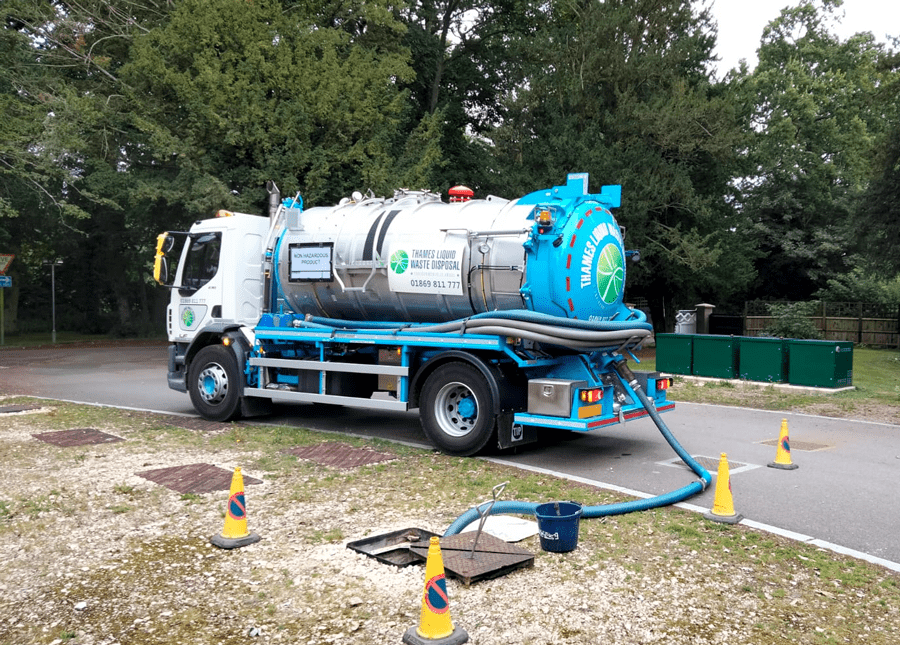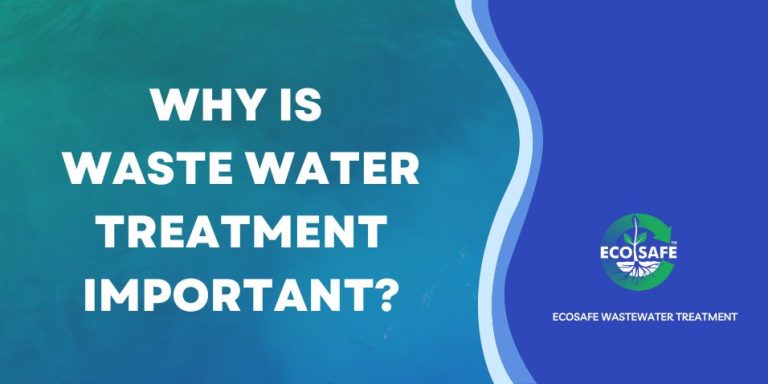The 30-Second Trick For Reclaim Waste
The 30-Second Trick For Reclaim Waste
Blog Article
The smart Trick of Reclaim Waste That Nobody is Discussing
Table of ContentsAn Unbiased View of Reclaim WasteThe Definitive Guide to Reclaim Waste7 Simple Techniques For Reclaim WasteReclaim Waste for DummiesThe Main Principles Of Reclaim Waste The Ultimate Guide To Reclaim Waste

Never ever put harmful compounds down sinks, bathrooms or stormwater drains Compounds consisting of gas, oil, oil, pesticides and herbicides, and solvents such as paint strippers must not be put down sinks, toilets or stormwater drains pipes. These substances are difficult to get rid of in the sewer treatment process and trigger contamination issues in our regional rivers.

Liquid waste is a term that covers a broad variety of products, there's a great factor why leaving its disposal to the specialists is recommended. Fluid waste is non-solid product that has no further usage and needs to be treated and gotten rid of according to regional, state and federal laws.
The Main Principles Of Reclaim Waste
Although examples of liquid waste can include wastewater, fats, oils or grease, made use of oil, fluids, solids, gases or sludges and harmful house liquids, there are some that are taken into consideration to be more hazardous than others when it comes to the setting and the wellness of animals and human beings alike. It's for this reason that each state and territory have actually stringent guidelines connected to fluid waste monitoring.
Liquid waste can be kept in holding containers or packaged in drums, intermediate bulk containers or authorized small containers prior to either being treated or gotten rid of using outsourced vacuum vehicles. Provided the nature of the materials, fluid waste can not go in the general waste stream and there are rigorous guidelines on how to get rid of it correctly.
(https://reclaimwaste1.edublogs.org/2024/11/12/efficient-liquid-waste-removal-and-disposal-your-complete-guide-to-sustainable-waste-management/)Relying on a resolution of the degree of danger, it may be needed to remediate those sites. Furthermore, unsafe liquid chemical wastes are regulated waste and must be tracked according to the state waste regulations. Under the chain of custodianship and obligations, owners are liable and responsible for waste created by an organization.
One of the core applications for superabsorbent polymers (SAPs) is fluid waste solidification. liquid waste removal. SAPs are utilized by waste monitoring specialists to stop potentially unsafe fluids from getting in waterways, groundwater aquifers, and various other sensitive settings. Because fluids can swiftly carry impurities into ecological receptors and possibly contribute to geotechnical failings, liquid wastes are generally forbidden from disposal in landfills
The 6-Minute Rule for Reclaim Waste
Basically, free fluids are fluids that divide from the solid section of waste material. Fluid waste can consist of the following: HDD mud and cuttings Landfill leachate Wastewater treatment sludge & biosolids Dug up sediments Oil and gas drill cuttings Settling pond filth Hydro Excavation slurry Coal burning residuals/ash Storage tank base sludge Concrete grinding/polishing slurry Related Short article: For a useful instance of free liquids separating from waste product, take into consideration the following situation: A waste administration service provider lots a dump associate sludge from a wastewater therapy plant's oygenation container, throughout a routine maintenance event.
However, when the chauffeur reaches the garbage dump, he notices water leaching from the sludge and putting from the dump vehicle. The tons was turned down by the garbage dump and the motorist was required to take care of the waste as a fluid waste at a special facility, which enhanced the disposal fees enormously.
The globe is sinking in rubbish and we can't afford to be untrustworthy any longer. We have to act and recycle whatever we can wherever we can. We likewise need to be in charge of the appropriate disposal of our waste materials. It is not nearly enough that we pay waste disposal business to care for our rubbish.
Getting The Reclaim Waste To Work

The dreamland is a great exterior room with plenty of sunshine and air. Segregate your waste. Segregating your waste can start inside the home. Set apart completely dry and fluid waste as well as edible waste, eco-friendly and non-biodegradable materials. Constantly keep the lid on your bins to stay clear of insects, worms, flies, and unpleasant smells.
You can utilize old garbage can, container, garden pot or old plastic drums. Drill four to 5 holes in the container so the air can flow. Layer the base with dirt to absorb the wet waste. Beginning the composting procedure. Layer the compost with wet and dry waste in addition to dirt to maintain a balance between the wet and the completely dry.
Not known Details About Reclaim Waste
To assist in faster decomposition, you can likewise add semi composted dirt to the compost. If you discover the smell is coming to be also solid, include added papers and paper waste or add even more holes to the garden compost bin to keep the balance of the waste materials.
We also need to be liable for the proper disposal of our waste materials. It is not sufficient that we pay waste disposal firms to take care of our rubbish.
Our waste, our obligation. Have you ever questioned what occurs to your liquid waste after it's accumulated? Did you recognize that liquid waste can be reused? As responsible people, you should recognize what happens to your rubbish and where it pursues it is taken away from you. Recognizing the liquid waste elimination procedure is important in helping you to segregate your waste.
The smart Trick of Reclaim Waste That Nobody is Discussing
Segregating your waste can start inside the home. Set apart dry and fluid waste as well as edible waste, eco-friendly and non-biodegradable materials.
You can use old trash bin, bucket, yard pot or old plastic drums. Pierce four to 5 holes in the container so the air can distribute. Layer all-time low with dirt to absorb the damp waste. Beginning the composting procedure. Layer the garden compost with damp and dry waste as well as dirt to keep a balance between the damp and the completely dry.
To help with faster disintegration, you can likewise add semi composted dirt to the compost. If you notice the scent is ending up being also solid, add added newspapers and paper waste or include more openings to the compost container to keep the equilibrium of the waste materials.
Report this page